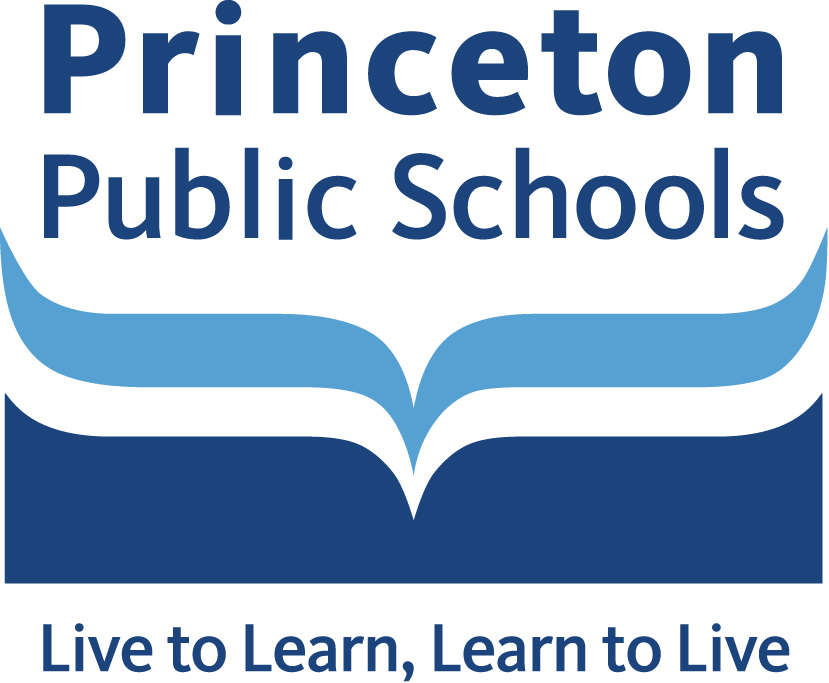Faced with leaky roofs, deteriorating siding and worn-out mechanical equipment, Princeton Public Schools officials are mulling over a maintenance bond referendum and may reach a decision on the scope and amount at the school board’s July 27 meeting.
Business Administrator Matthew Bouldin and Director of Plant Operations David Harding outlined a list of possible projects and the estimated price tag before the Princeton Public Schools Board of Education at its June 29 meeting.
Bouldin said district administrators have begun to put together a capital planning inventory of items that need attention, as well as determining when the work would be done and how much it may cost.
The district may be eligible to receive some debt service aid from the State of New Jersey – likely as much as 34%, Bouldin said. This means the state would pick up part of the tab.
The most pressing need is the partial roof replacements at the Community Park, Johnson Park and Littlebrook elementary schools and Princeton High School. The roofs are out of warranty. The warranty is on the material, not the workmanship.
Only sections of the roofs would need to be replaced, Bouldin and Harding said. The oldest sections of the roofs were installed in 1995 and 2004. A 20-year warranty on the oldest roofs expired in 2015, and the 20-year warranty on those installed in 2004 will expire in 2024.
The gutters and fascia at the Johnson Park School would need to be replaced. At the Littlebrook and Riverside elementary schools, the wood siding has begun to deteriorate and needs to be replaced, Harding said. The T1-11 siding, which is an inexpensive plywood, would likely be replaced with Hardiplank – a fiber cement siding that does not rot.
Some masonry work needs to be done at Princeton High School, in addition to a partial roof replacement. Water has begun to work its way behind the turret and the tower at the high school. Roof leaks affect a building’s structure and cause damage, Harding said.
The combined tab for the roof, masonry and siding replacement projects could be as much as $8.4 million, including a 10% contingency for inflation, professionals’ fees and other expenses.
However, since debt from prior referendums will be paid off in 2022 and 2023, it is anticipated that the proposed maintenance bond referendum would not increase the debt service from the current level, Bouldin said.
When school board member Susan Kanter asked whether it would be possible to install solar panels on the new roofs, Harding said he had been looking at the roofs preliminarily for a solar array layout. Verification would be needed to ensure that the roofs are designed to accept solar panels, he said.
School board member Brian McDonald suggested considering whether to include the roofs that were installed in 2004 in the maintenance bond referendum. They are approaching the end of the 20-year warranty.
McDonald was especially concerned about the roof leaks at the Littlebrook School, most of which have occurred in the roofs installed in 2004. It is not acceptable for maintenance staff to put out buckets to collect rain that has leaked through the roof, he said.
School board member Peter Katz, who is the Cranbury Schools representative on the board, said the number of leaks is “astronomical.” The Cranbury school district sends its high school students to Princeton High School.
Katz said it makes more sense to include the roofs that were installed in 2004 in the proposed bond referendum, rather than to seek another bond referendum in a couple of years.

